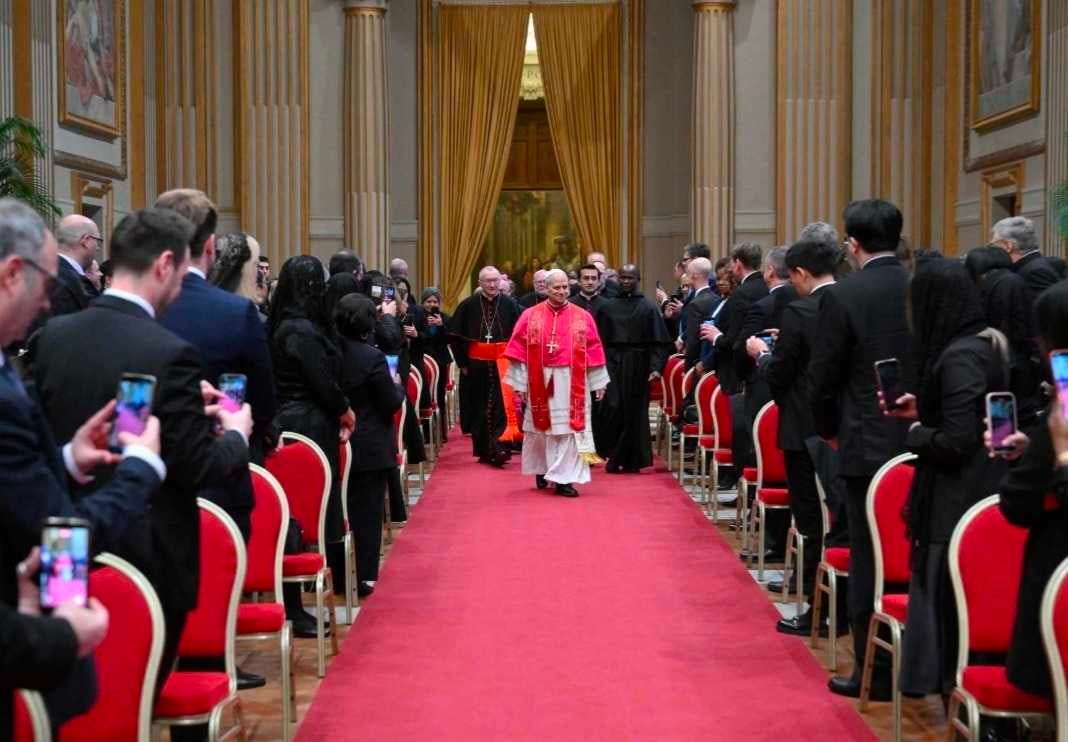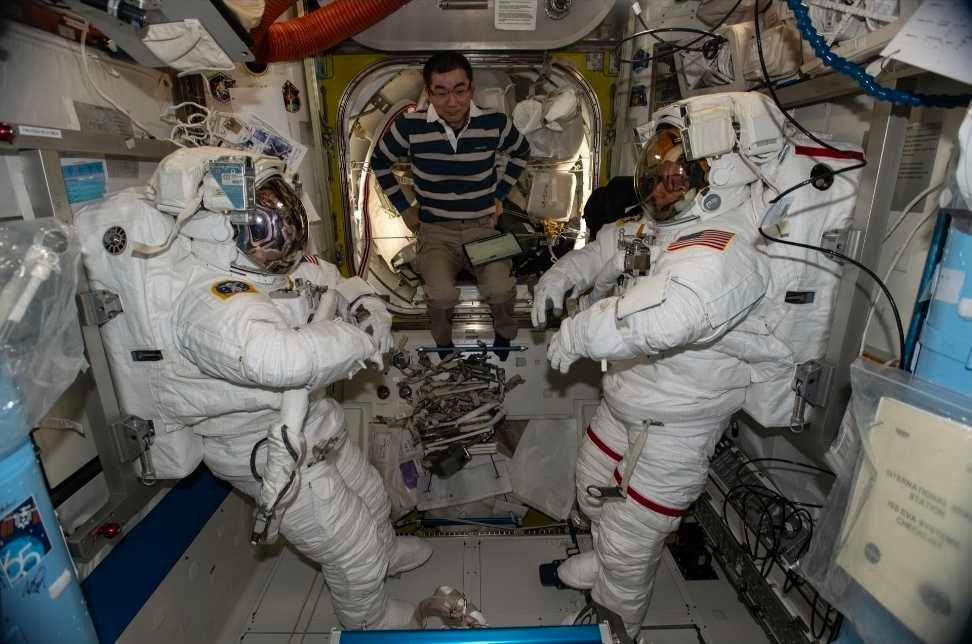We've got big news!
We're excited to announce that UNIFYD TV is officially merging with Gaia, creating a next-level destination for conscious media and exploration.
What does this mean for you?
More to watch.
More to explore.
More access.
Your favorite content isn’t disappearing. It is moving into a much bigger library. This transition allows UNIFYD’s content, mission, and community to reach more people with Gaia’s resources, technology, and larger audience.
Keep an eye out for specific communications on how to log in to your new Gaia account to continue watching UNIFYD TV content, or visit this page for more information.











